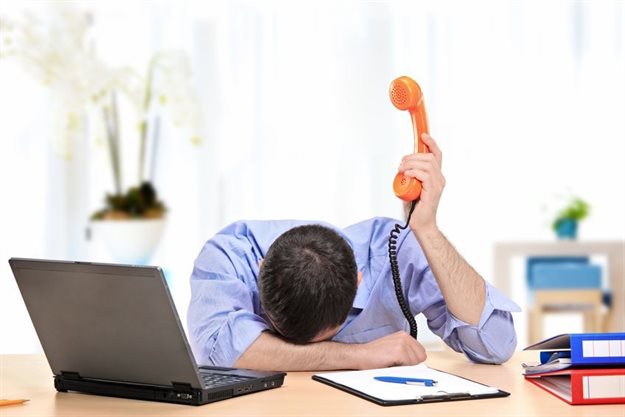
Subscribe & Follow
#AfricaMonth
Jobs
- Head: Occupational Health Cape Town
In the news
Keep workers' mental well-being in mind during lockdown

"The realities of remote working have been driven home in recent weeks, especially to those who have been caught off guard about the complexities this would entail. On a basic level there is ensuring people have the means to work remotely, for example, having reliable internet access. However, employees must now acutely balance their home and professional roles in a restricted environment. Managing a conference call while the children are playing close by might be distracting to the uninitiated, not to mention the added pressure of trying to meet targets while doing home schooling,” he says.
Senior employees who have experience in working from home might have a good understanding on how best to fill their day, but for those who do not know how to structure their time to ensure they fulfil their responsibilities, companies must be on hand to help.
“Management should give clear instructions to staff, with deadlines and measurable targets. There is a lot of free software available online to facilitate remote working and monitoring. Some software can push tasks to people while others encompass a time sheet management system which can facilitate project teams or departments.”
The new normal
Beyond this, however, staff who are unfamiliar with the new remote working dynamic will have difficulty changing their mindset to stick to office hours. The temptation might be to sleep late and catch up on work after hours, but this potentially disrupts the team dynamics, especially when people are reliant on one another to meet specific deadlines.
And then there is the real concern about managing issues such as burnout and isolation during remote working.
“The best way to deal with isolation is to ensure employees are in constant communication with one another,” Myburgh advises. “Even though they are working in a ‘virtual office’, employees must be able to speak with their colleagues at any time. This can be achieved either through daily team calls or just having a quick chat with a colleague to share in each other’s experiences.”
Burnout is also a significant risk when the home becomes the work environment. Nothing stops someone from working around the clock or even slotting in an extra hour or two to make up for time usually spent in traffic.
“This is where management must closely monitor employees to ensure they maintain work-life balance. It simply cannot be all work or the employee risks serious mental and physical harm. Key to this is being in constant communication with one another. Even though physical proximity is restricted, nothing stops the company from promoting team culture and doing fun activities through virtual means.
“The reality is that business will never return to normal following the lockdown. How employees adapt to the new style of working will depend on how company leaders help drive this change,” Myburgh concludes.
Related
Investing in employee well-being boosts productivity and morale 29 Apr 2025 The unseen battle with mental health in the entertainment industry 14 Mar 2025 How energy leaks are draining your team and what to do about it 3 Mar 2025 Let’s make 2025 the year of “mental help” 22 Jan 2025 Momentum is key to a successful 2025 6 Jan 2025 New Employment Equity Amendment Act: Compliance is achievable 3 Jan 2025













